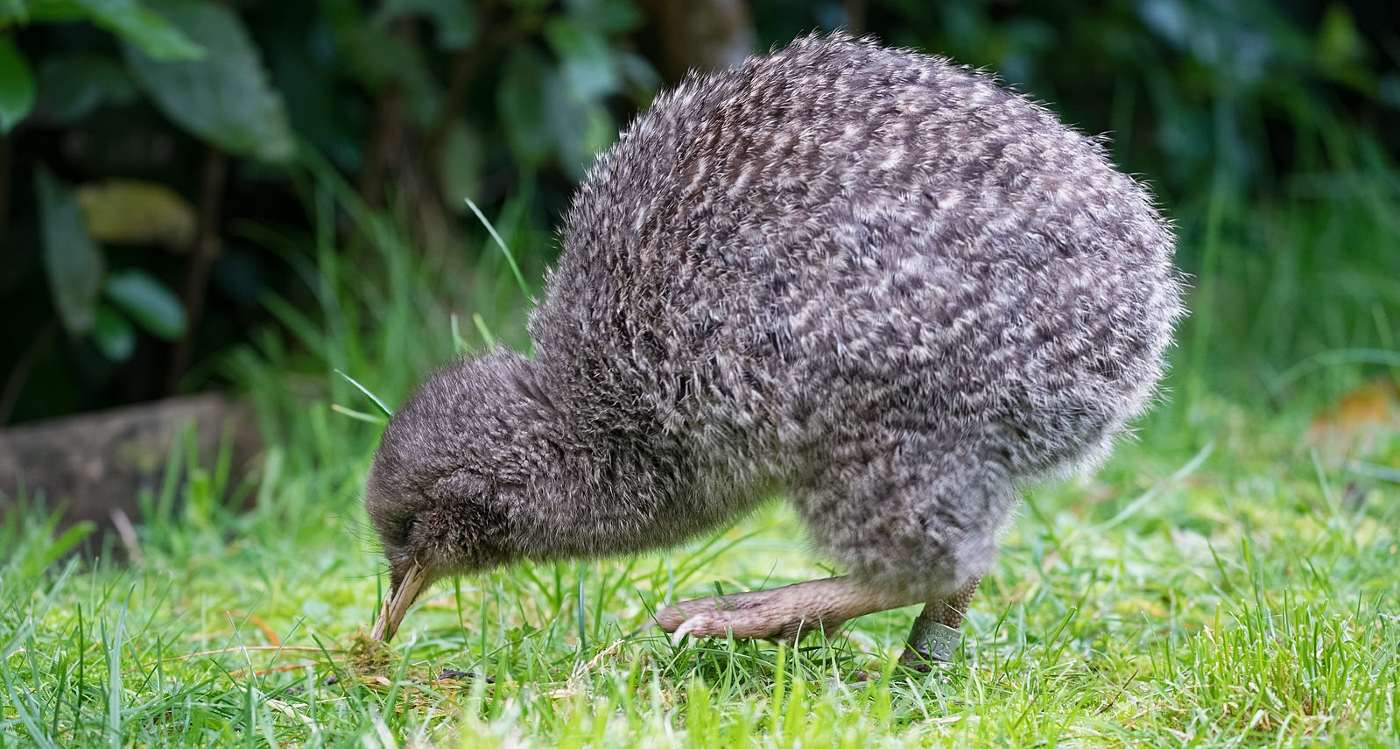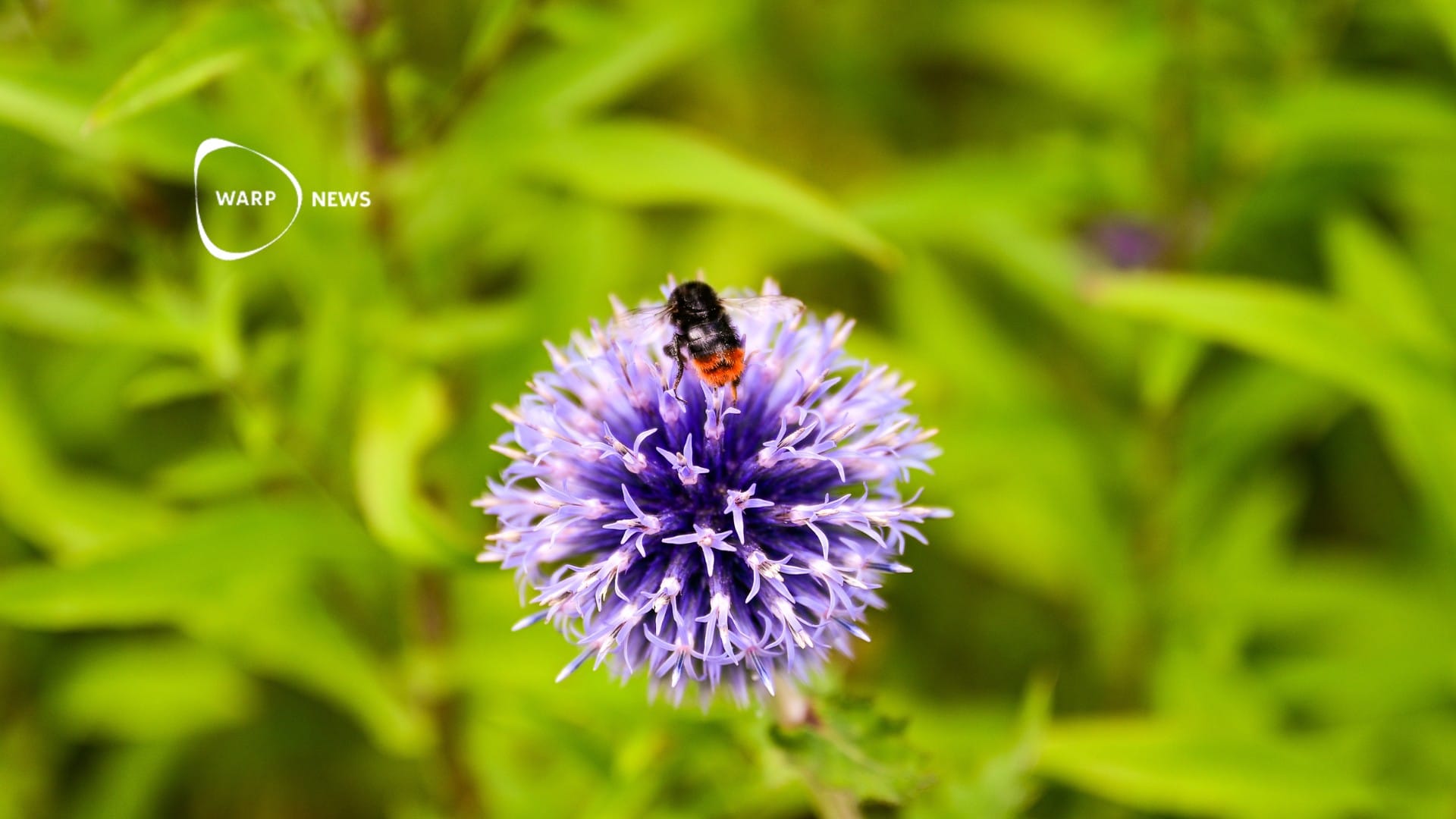
👂 Kiwi calls heard again for the first time in five years
New Zealand finally hears Kiwi calls once again after 5 years of silence.
Share this story!
Many areas where the Kiwi bird’s call used to be heard have been silent since 2016. But, to the conservationist's delight, the latest audio survey was filled with Kiwi calls.
The Kiwi Call Count is a manual population survey that uses the human ear to record population numbers. The nation has five kiwi species and the kiwi call count assesses the status of the birds in a given area. Every year the survey is done at the same sites. In 2021, according to Good News Network, there has been a 50 percent increase in the number of sites where calls were heard and not one site had become silent over the past year.
In the early ’90s, a complex action plan called trapping (read more about the plan here) was carried out. The plan aimed to save the kiwi birds and to combat invasive species. Kiwi chicks are easy prey for stoats, feral dogs, cats, and other introduced mammals. That has previously been a disastrous situation for bird species that can not fly and evolved with no mammalian predators.
“To sit out there and hear how many kiwi there are and how close they are—it makes the effort put into trapping worthwhile,” Ayla Wiles, a biodiversity ranger for the Department of Conservation, told The Guardian.
Since the trapping program began, the northern brown kiwi and the rowi kiwi have been taken off the IUCN’s Red List. A place called Whangerei Heads has gone from having 80 birds to more than 1000, Wiles told reporters.
The kiwis are nocturnal birds and the call from kiwis is the most trustworthy way to track the animal. The calls have unique characteristics that allow conservationists to recognize the same birds year after year.
“You can be trapping, you know, week after week after week, in the hope that your kiwis are doing well,” said Ngaire Sullivan, an organizer at Kiwi Coast. “And then for four nights a year, for just those eight hours… You sit there and get to hear your outcome.”
This kiwi conservation project encourages optimism about what dedication and hard work can accomplish.
Picture: Judi Lapsley Miller/CC license via Good News Network
By becoming a premium supporter, you help in the creation and sharing of fact-based optimistic news all over the world.


